Highlights
- Jen Cabanlit used to work as an aged care worker while she was studying to become a registered nurse in Australia.
- Jen volunteers to take care of COVID-positive elderly transferred to their hospital.
- What keeps her going are the memories of her deceased parents.
"I always think about what my mum used to say to me - that it was her dream [too] to be a nurse. I've always had a sensitive soul - I got that from her."
The desire to be a nurse and the sensitivity Jen Cabanlit got from her mother led her to dedicate her life to caring and helping to heal others.
Aged care worker
"I've been a nurse since 2007; but I had to do a conversion course when I came in 2011, an initial registration for international nurses in Monash," Jen shares.
While studying to become a registered nurse in Australia, Jen decided to work in an aged care facility as a personal care assistant to make ends meet. "It was challenging - I wasn't used to the environment and I didn't have the strongest interpersonal skills. I also had to make a huge adjustment because of the different cultures and languages of the residents in the centre. Communicating was challenging."
"It was challenging - I wasn't used to the environment and I didn't have the strongest interpersonal skills. I also had to make a huge adjustment because of the different cultures and languages of the residents in the centre. Communicating was challenging."

Jen worked in an aged care facility while studying to become a registered nurse in Australia. Source: Getty Images
Despite the challenges, she was able to build strong bonds with the residents.
"At that time, my parents were still alive. I was away from home and seeing the residents, I thought of them as I would my parents. It wasn't hard to care for them because I thought of how I want my own parents to be cared for."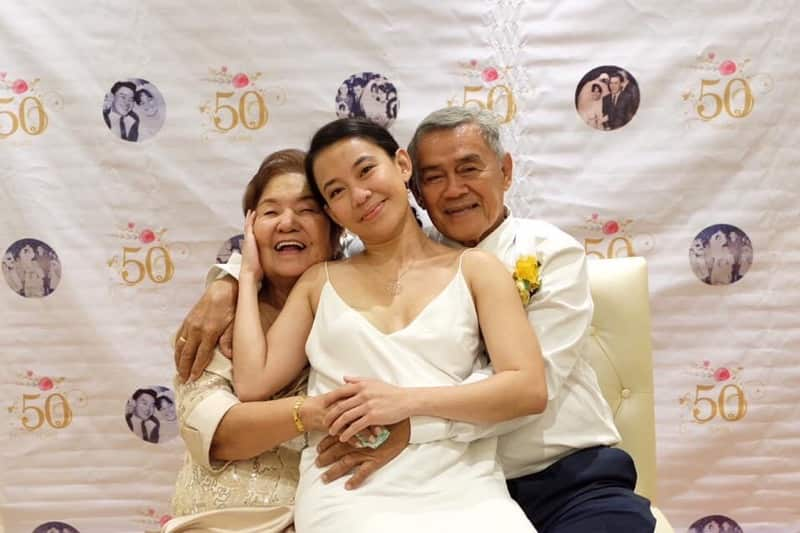 Emphasising the need for open communication with families of residents, Jen shares that she was grateful for the close relationships she developed with some relatives as well.
Emphasising the need for open communication with families of residents, Jen shares that she was grateful for the close relationships she developed with some relatives as well.

Jen cared for the residents the way she would her mum and dad [in picture]. Both her parents have since passed. Source: Jen Cabanlit
"I had a really close relationship with the daughter of a particular resident.
"She would always thank me for looking after her mum and she told me not to hesitate to contact her if there was anything that was needed. Being appreciated like that really mattered."
The decision
Her close connection with families and residents was in Jen's mind when the pandemic hit. At this point, she had already transitioned to working as an orthopaedic nurse in a private hospital in a northern suburb in Melbourne.
"I felt for them. I could understand families worrying about their loved ones' care."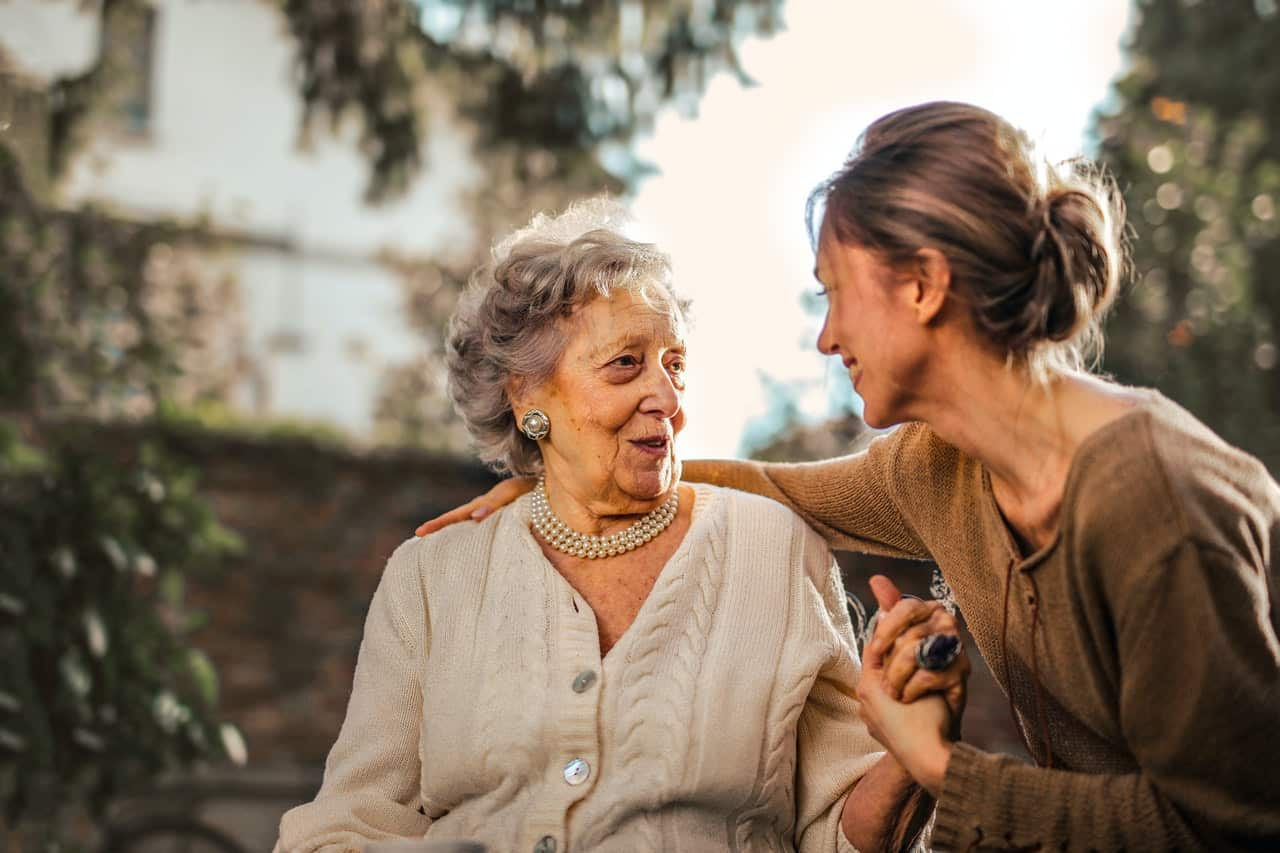 With the virus making its way amongst the vulnerable in aged care centres, those who tested positive or were suspected of suffering from it were sent to different hospitals in Melbourne.
With the virus making its way amongst the vulnerable in aged care centres, those who tested positive or were suspected of suffering from it were sent to different hospitals in Melbourne.

"I felt for them. I could understand about families worrying about their loved ones' care." Source: Andrea Piacquadio from Pexels
"My manager would ask every day if anyone would volunteer to work in the COVID ward of our hospital. It pushed me to reflect and make a decision on what I would do.
"It was hard because I was thinking of my family - my husband and in-laws who are elderly as well."
But after much reflection and consulting with her husband as well as her sister who works as a nurse in the UK, she raised her hand to work in the COVID ward.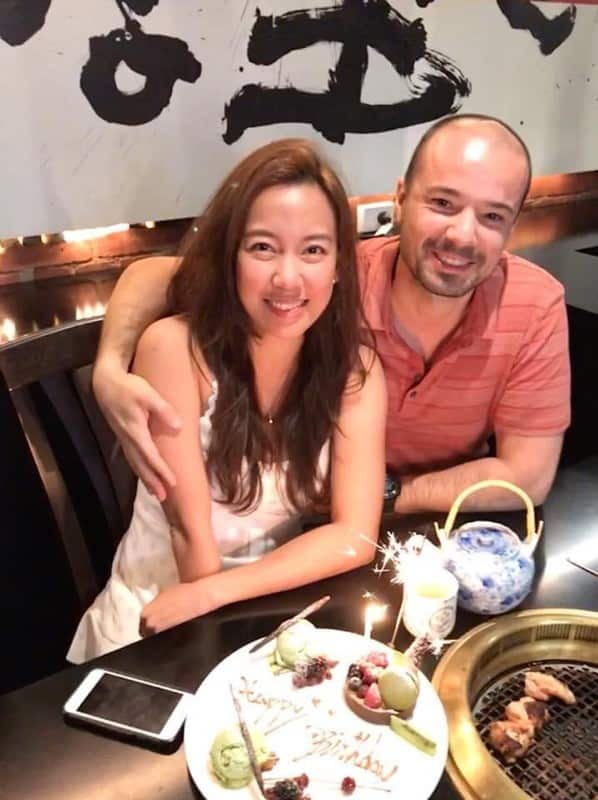 "My sister told me to remember my purpose as a nurse - to look after people. If no one volunteers, who will take care of them? At the moment, Victorian hospitals are so understaffed.
"My sister told me to remember my purpose as a nurse - to look after people. If no one volunteers, who will take care of them? At the moment, Victorian hospitals are so understaffed.

Jen's husband was very worried about her joining the COVID ward, but also understood her desire to help. Source: Andrea Piacquadio from Pexels
"Before agreeing, I assured my husband I would keep safe. We are going to be properly geared up and I would take all the precautionary measures I needed to take," Jen shares, adding, "he's been so supportive. He cooks me dinner and makes me cakes to make me feel better. We go on walks and he lets me vent".
The COVID ward
Jen is grateful for her husband's care as each day in the COVID ward proves to be physically taxing.
"We have to take our vitamins and keep hydrated throughout the day. When I first worked there, I would get headaches all the time because I had to use the PPE for eight hours. Movements are constricted and you can't go to the toilet to pee because you couldn't just remove everything."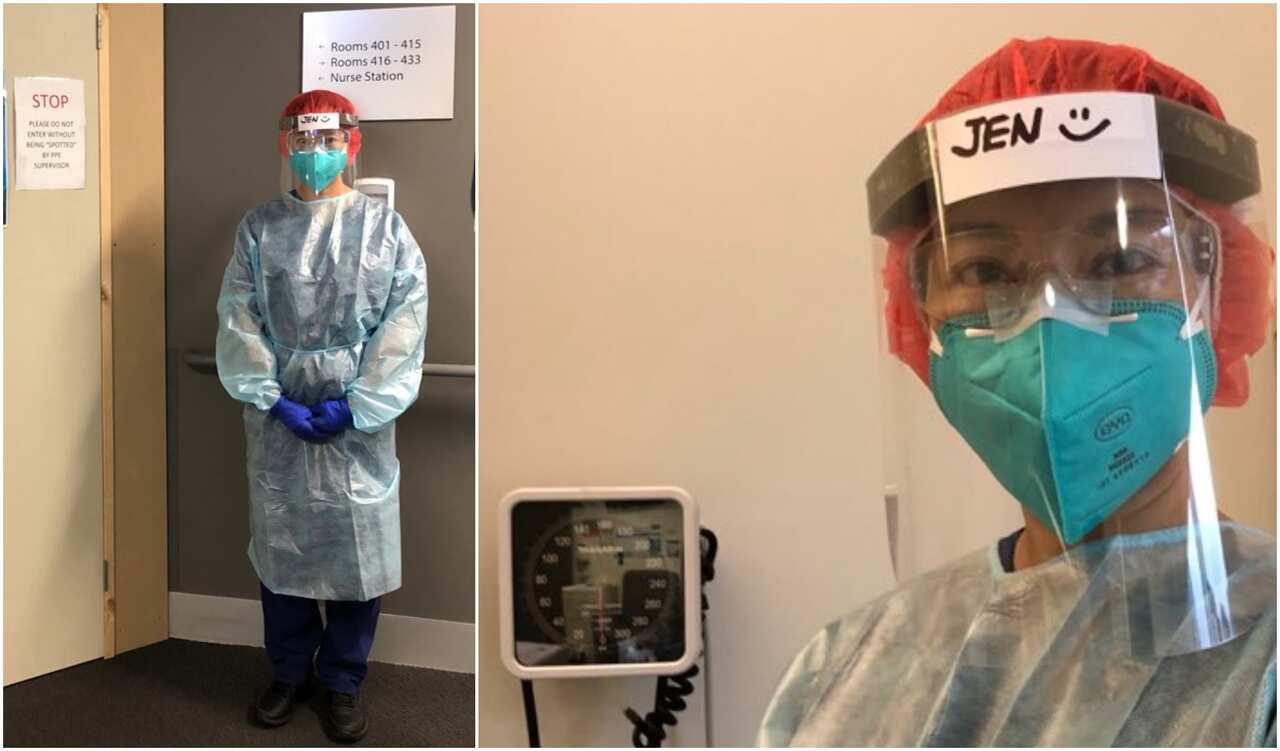 "We also wear double PPE because we have to remove each layer with each patient that we visit."
"We also wear double PPE because we have to remove each layer with each patient that we visit."

Jen at the COVID ward Source: Jen Cabanlit
Each patient visit has also been mentally and emotionally challenging for Jen and her colleagues.
"Transitioning our patients has been challenging. Most of them are confused or suffer from dementia, so the unfamiliarity agitates them. Some of them wander around and go to other people's rooms. Some become aggressive." To cope better with transitioning, Jen and her colleagues make it a point to each handle the same patients as much as possible. They've also made it a point to put up photos of the patients' loved ones in their rooms as well as helping them video chat with their families every day.
To cope better with transitioning, Jen and her colleagues make it a point to each handle the same patients as much as possible. They've also made it a point to put up photos of the patients' loved ones in their rooms as well as helping them video chat with their families every day.

Patients who are confused or suffer from dementia get agitated because of the unfamiliarity. Source: Pixabay
"It's difficult to see what our patients go through - like last week, we had a patient who was very close to her family. She passed away without her family around because of the hospital's COVID protocol. They weren't there to hold her hand when she took her last breath."
And even when some seem to be in stable condition, things can quickly take a downward turn.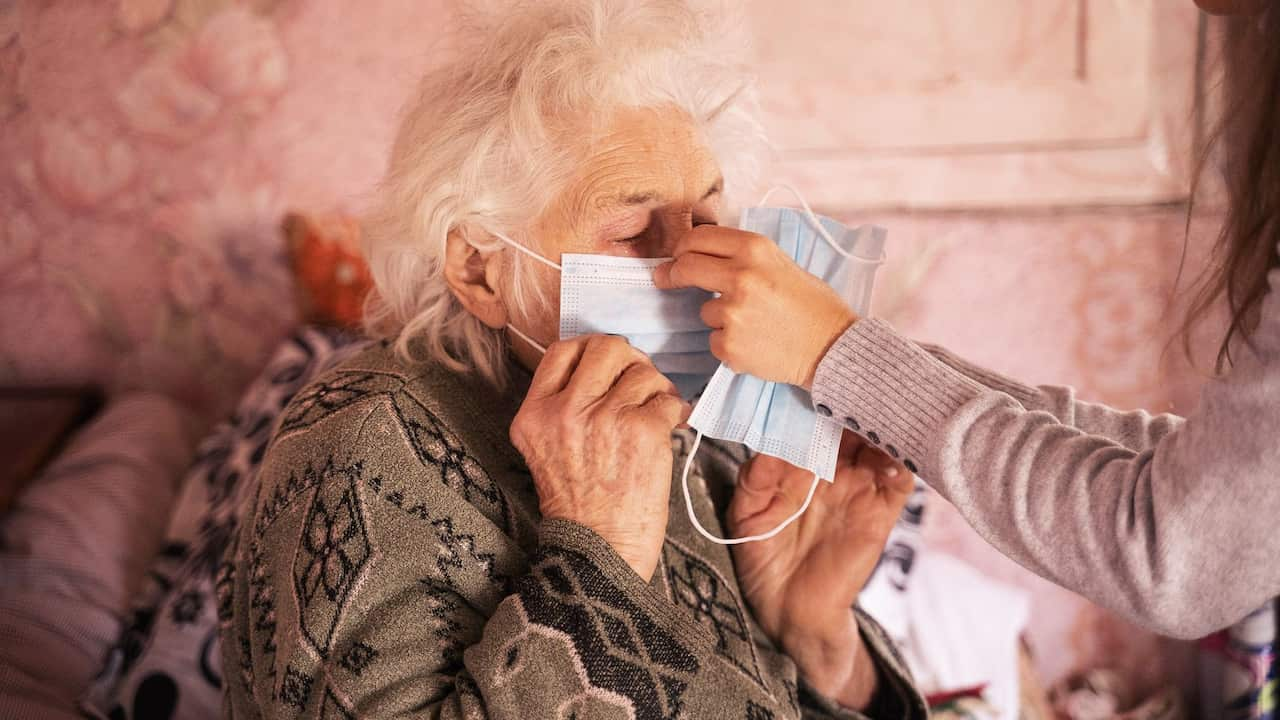 "We're asked to take two days off at times. There was one time I came back and a patient who had been chirpy and talkative before my break, took a turn for the worse and passed.
"We're asked to take two days off at times. There was one time I came back and a patient who had been chirpy and talkative before my break, took a turn for the worse and passed.

Even when some seem to be in stable condition, things can quickly take a downward turn. Source: Getty Images/Daniel Balakov
"You get to know them and when they pass, you feel like you lost a friend or a relative.
"We're doing what we can for them; but I want people who are skeptical to know that this virus really exists. I've seen what it can do."
ALSO READ / LISTEN TO















